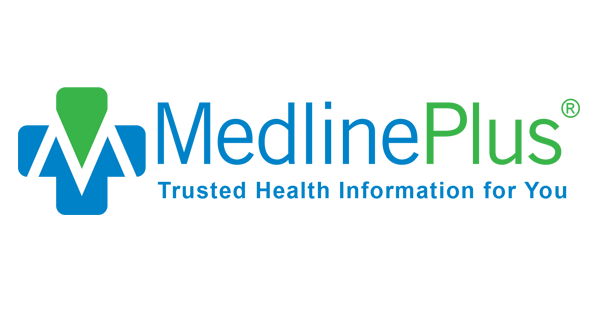Newly Diagnosed with Cervical Cancer?
start your cancer education here
If you or a loved one has been diagnosed with cervical cancer, it's important to gather as much information as possible to navigate your cancer journey effectively. At American Cancer Fund, our goal is to provide you with essential knowledge about cervical cancer such as symptoms, risk factors, and the latest research advancements to help you become an active participant in your care.
What is Cervical Cancer?
Cancer is a disease in which cells in the body grow out of control. Cancer is always named for the part of the body where it starts, even if it spreads to other body parts later.
When cancer starts in the cervix, it is called cervical cancer. The cervix is the lower, narrow end of the uterus. Also known as the womb, the uterus is where a baby grows when a woman is pregnant. The cervix connects the upper part of the uterus to the vagina (birth canal).
Cancer of the cervix or cervical cancer, is the third most common gynecologic cancer in the United States. Through effective screening however, cervical cancer can often be prevented or detected in its earliest stages.
Cervical cancer is the easiest female cancer to prevent, because there is a vaccine (the HPV vaccine) and a screening test available. It also is highly curable when found and treated early.
Feel prepared for every appointment
Carrying the right information can empower you during your cancer care journey. Use these tools to help organize this information so you can be an active participant in your cancer care.
Keep them handy for use at home and bring them along to your doctor visits and other medical appointments.






